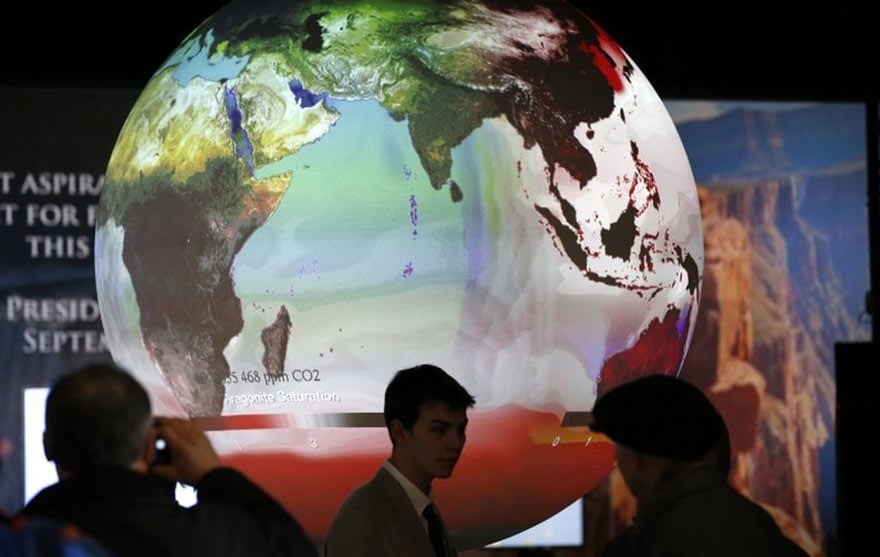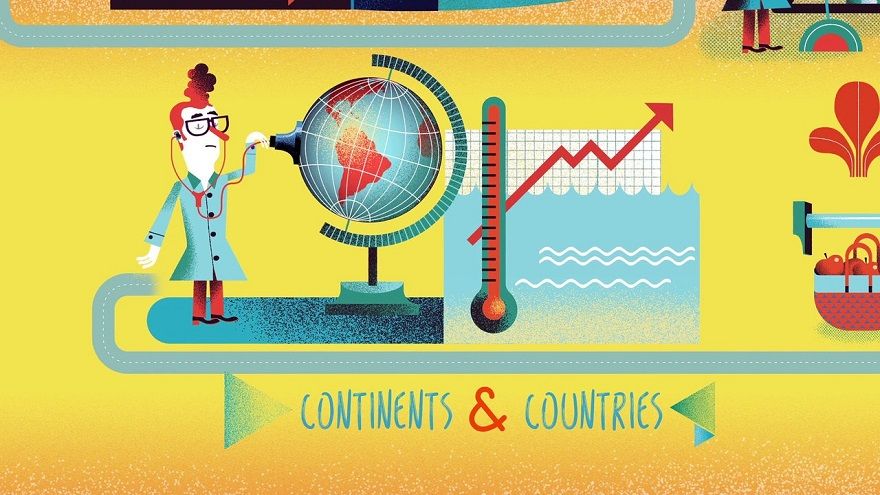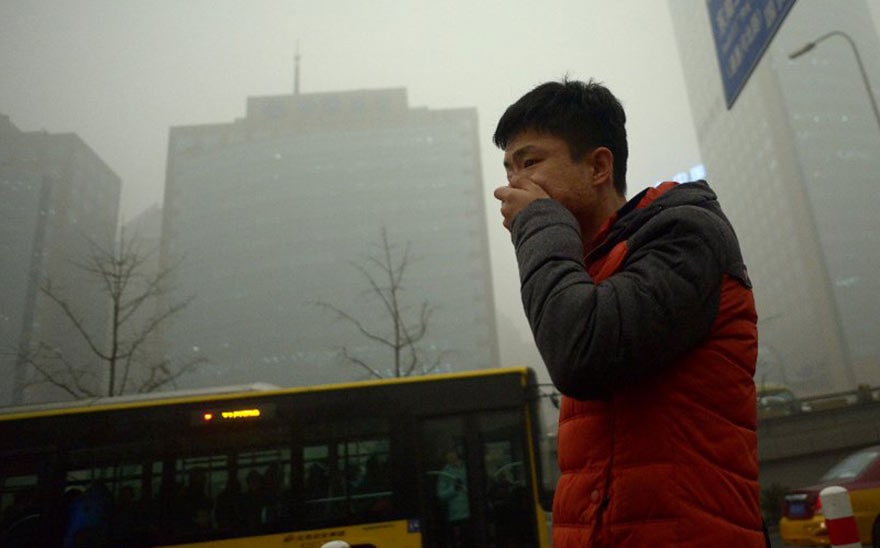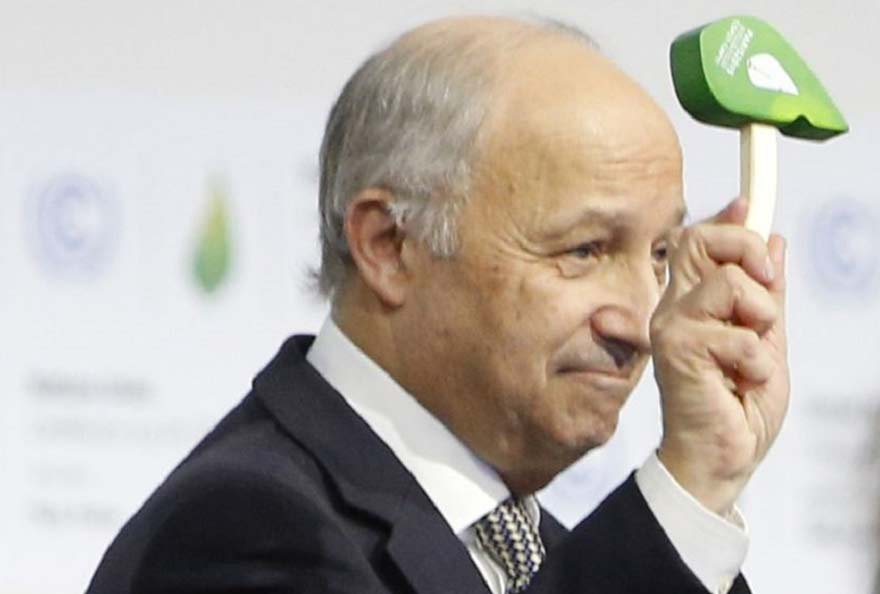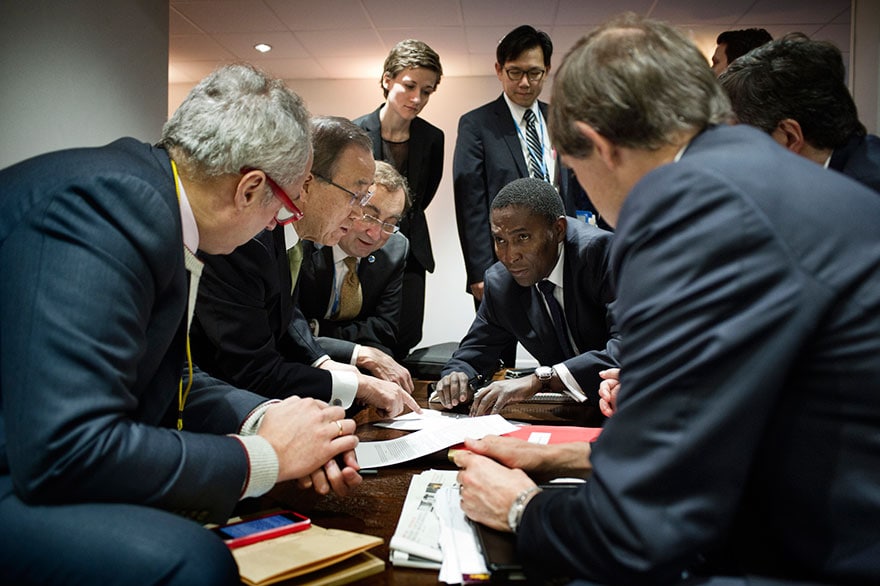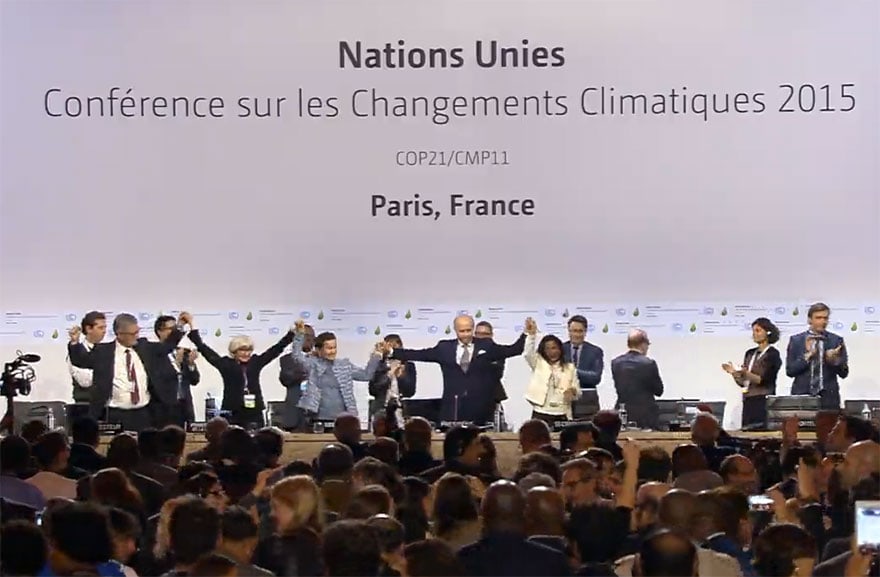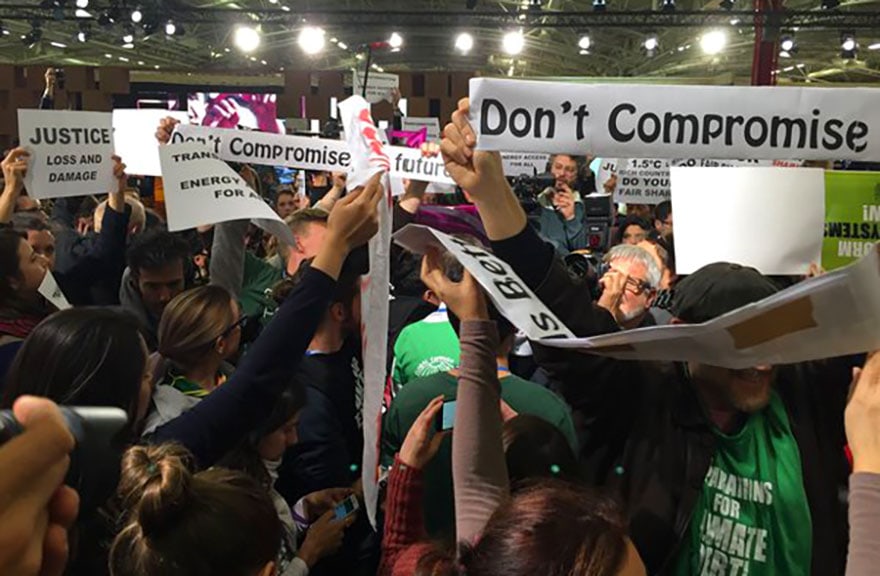What are the main sticking points?

Cyclone in Vanuatu REUTERS/UNICEF Pacific/Handout via Reuters
A tough task

A change in mentality?

American actor Sean Penn defends forests during "Action Day" at COP21 in Le Bourget on December 5, 2015.
He alerted his audience: "Lhe time for illusions has given way to the time for action "( AFP / ERIC FEFERBERG )

